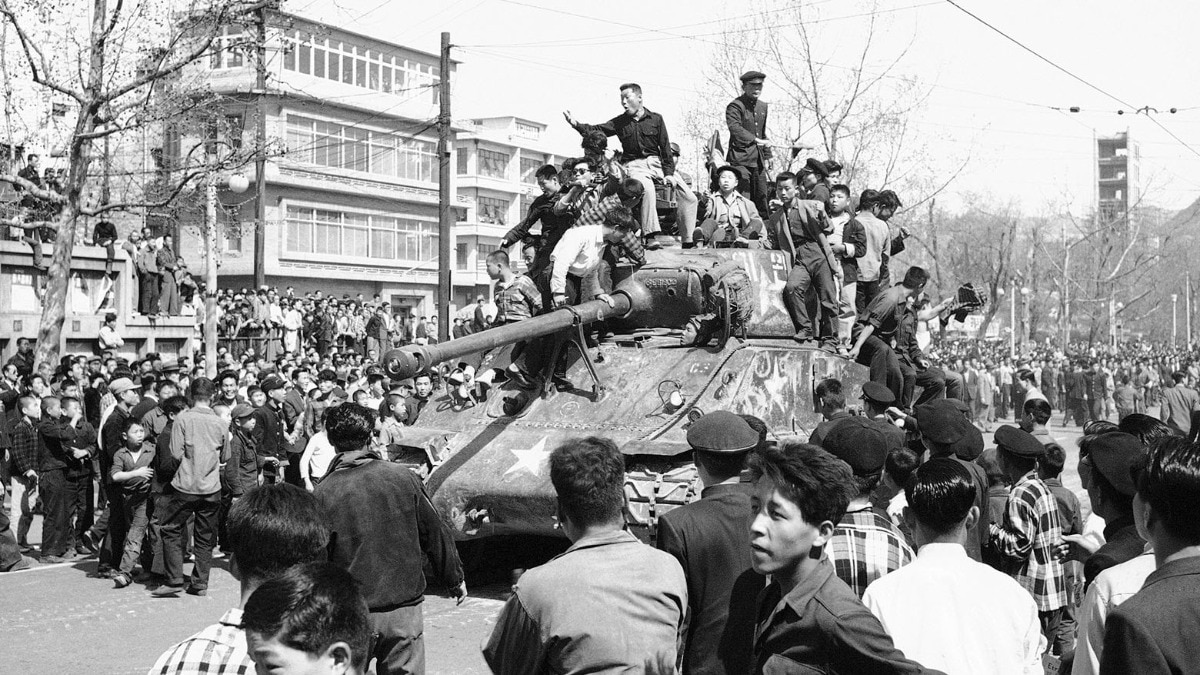2024-12-05 07:45:10
This week, South Korea witnessed a rare moment in its recent history as President Yoon Suk Yeol declared martial law. This marked the first such instance in more than 35 years, since the country embraced democratic governance. For many, it was a stark reminder of an era when martial law was frequently used to manage crises and suppress dissent.
South Korea’s path to democracy was long and tumultuous. Before the Sixth Republic was established in 1988, the country endured decades of military-backed rule and political instability. During this time, martial law was often invoked to respond to uprisings, protests, and even threats from North Korea.
The last major use of martial law was in 1979, following the assassination of President Park Chung-hee, a military leader who had seized power in a 1961 coup. His successor, Prime Minister Choi Kyu-hah, imposed martial law to maintain order, but it was soon expanded by General Chun Doo-hwan, who staged another coup to take the presidency. The period remains infamous, particularly for the brutal military suppression of the Gwangju uprising in 1980, where hundreds of pro-democracy protesters lost their lives.
In Seoul, students also led large-scale protests, demanding an end to military rule. Tear gas filled the streets as riot police clashed with demonstrators. It wasn’t until 1981 that martial law was lifted, paving the way for significant democratic reforms.
The use of martial law in South Korea dates back even further. In 1948, the country’s first president, Syngman Rhee, used it to crush communist uprisings, resulting in widespread casualties. Rhee invoked it again in 1960 amid growing opposition, leading to violent clashes that ultimately forced him to resign. Jubilant citizens celebrated his departure by climbing atop tanks outside Seoul’s City Hall.
Another turning point came in 1972 when Park Chung-hee declared martial law to extend his grip on power. Tanks rolled through Seoul again, though the measure was lifted later that year. His authoritarian rule, however, continued to face increasing resistance until his assassination in 1979.
Martial law has been a defining yet deeply divisive part of South Korea’s modern history. It has been used in moments of political crisis but has often come at a high cost to civil liberties. Today, as South Korea reflects on its democratic achievements, this latest declaration of martial law rekindles memories of a turbulent past.
With inputs from the Associated Press.
Martial law, South Korea, President Yoon, North Korea
Source link
2 total views , 1 views today
